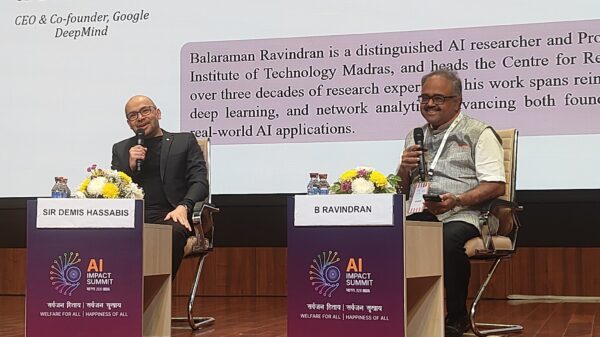A new Department of Justice filing has demanded Alphabet Inc (NASDAQ: GOOG) subsidiary Google sell off Chrome and potentially Android, accusing the tech giant of monopolistic practices.
In a court filing published on March 7, the DOJ reinforced its August ruling that Google maintains its dominance in search through monopolistic practices. It uses them to support services like Chrome and Android and making fair competition nearly impossible.
The DOJ’s claim is extensive, outlined in a Revised Proposed Final Judgment (RPFJ) that includes several key provisions. It seeks to prohibit Google from making search related payments to Apple and other search distribution partners. This includes paying to be the default search engine on iPhones.
Additionally, the DOJ aims to prevent Google from entering exclusive agreements with content publishers or bundling its general search engine with other Google products.
The proposal also calls for a ban on revenue sharing agreements related to the distribution of general search services. Furthermore, it includes a contingent proposal for the divestiture of Android. However, one change in the RPFJ is the DOJ is no longer calls for the divestiture of Google’s AI investments.
“The American people’s reliance on Google’s search engine is well-known. Less understood, however, is how Google—through its unlawful and unchecked, monopolistic conduct over the past decade—secured the American people’s reliance. Google’s anticompetitive conduct has denied users of a basic American value—the ability to choose in the marketplace,” said RPFJ.
According to the plaintiffs, the cure for this ongoing problem involves requiring Google’s divestiture from Chrome to shield against self-preferencing.
Read more: ChatGPT coughs up false murder accusations, Norwegian government notified
Read more: OpenAI dips toes into creative writing waters with new model
DOJ softens stance on artificial intelligence
The court filing also demands that Google’s divestiture from Android includes a prohibition on the company from making “exclusionary third-party agreements” where it pays partners to be the default search engine on their devices or services.
The filing repeatedly references Google’s partnership with Apple, labelling such deals as “unlawful distribution agreements.”
The DOJ urged the judge to require Google to share data to counteract the competitive disadvantage from its monopolistic practices. However, the DOJ has softened its stance on AI, withdrawing proposed limitations on Google’s AI investments—a slight concession in Google’s favour compared to the initial remedies.
In August 2024, District Judge Amit Mehta ruled that Google held a monopoly in search. The debate and litigation have now moved to how the company must resolve it.
Google has repeatedly urged the DOJ to back off, calling its proposals a “radical interventionist agenda.” However, the agency shows no signs of relenting, especially with hearings set to begin in April. The judge will ultimately decide whether Google must sell Chrome and potentially even Android, but this case is shaping up to be a landmark antitrust battle, rivaling the litigation against Microsoft in 1998.
.
Follow Joseph Morton on Twitter
joseph@mugglehead.com














